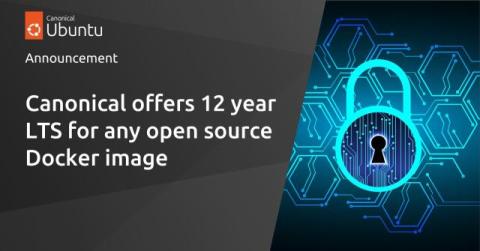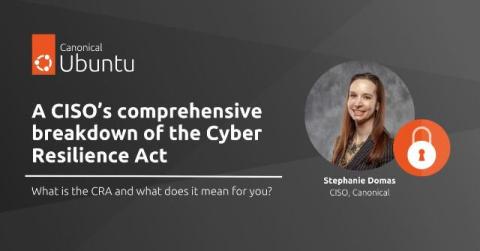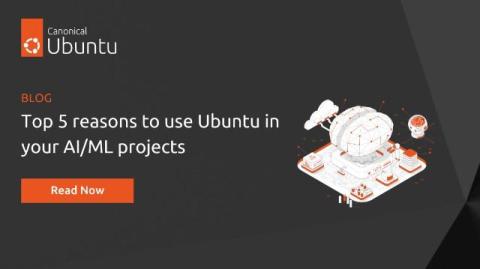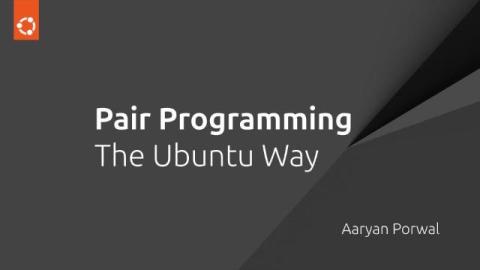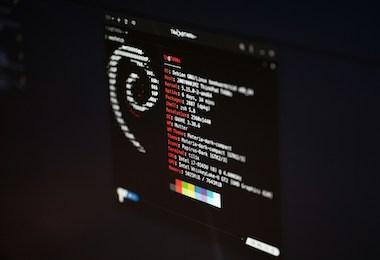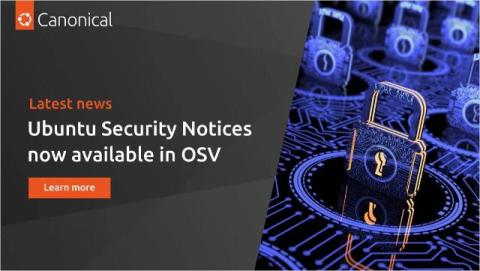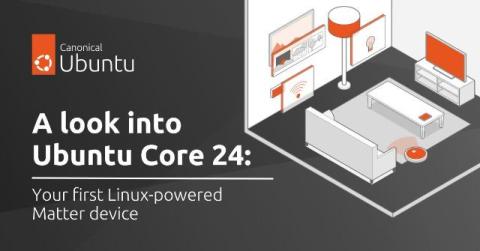Canonical offers 12 year LTS for any open source Docker image
‘Everything LTS’ – Canonical will build distroless Docker images to customer spec that include upstream components not packaged in Ubuntu, and fix critical CVEs within 24 hours, supported on RHEL, Ubuntu, VMware or public cloud K8s for 12+ years.


